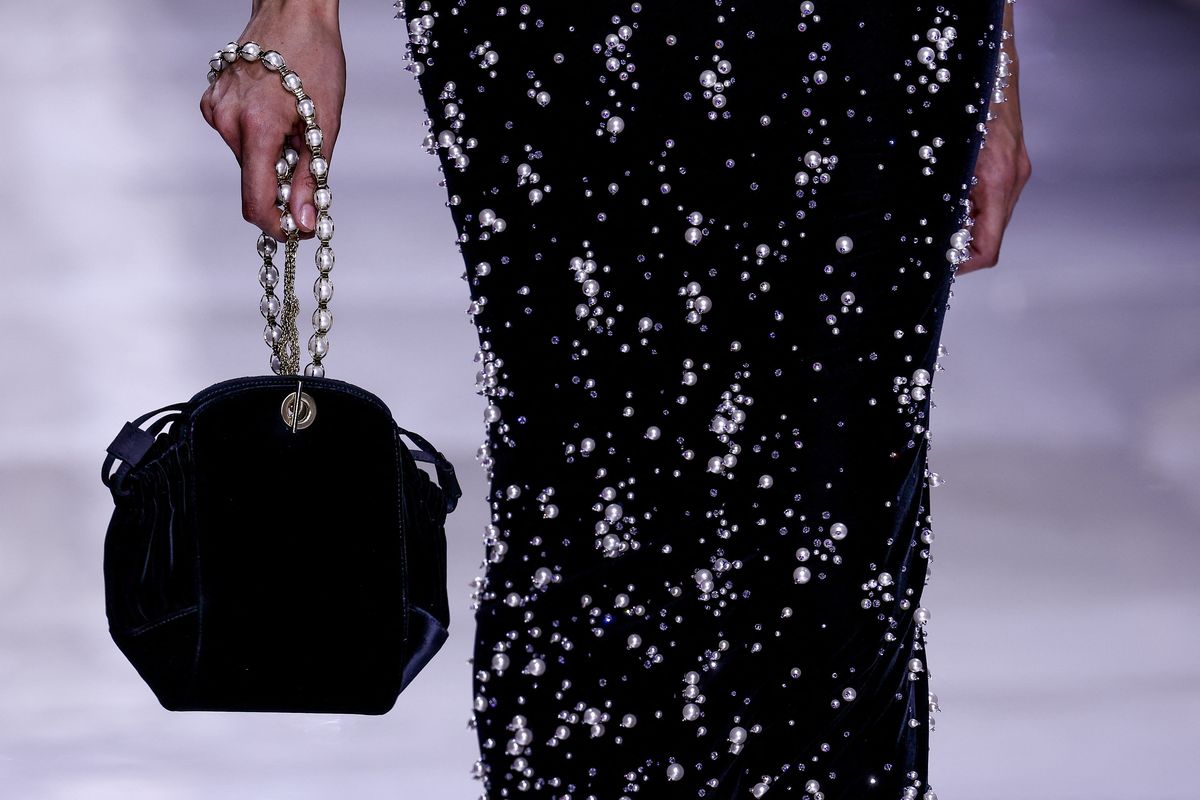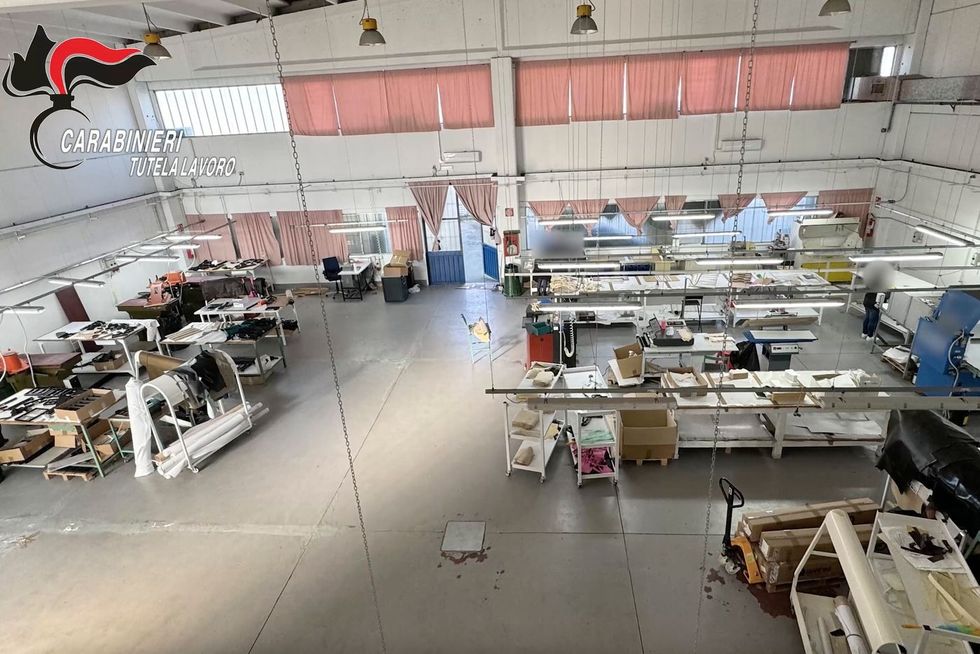The hidden cost of luxury labels: Dior and Armani under scrutiny
Beyond prestigious logos & precision craftsmanship, there exists an unseen human cost

Sarthak Kapoor
Producer
Sarthak Kapoor is a film enthusiast, seasoned adman, filmmaker, and podcaster with over 6 years of experience in the industry. With a passion for Bollywood, he’s produced numerous talk shows and lives and breathes cinema in all its forms. When he's not behind the camera, he’s sharing his thoughts and insights here.

A model presents a creation by designer Giorgio Armani as part of his Haute Couture Fall/Winter 2024-2025 collection show for Giorgio Armani Prive in Paris
Reuters
Italy & France, usually synonymous with exquisite craftsmanship and cutting-edge design, has long been a global leader in luxury fashion. Boasting nearly 23% of the world's top 100 luxury brands, according to a report by ECDB, Italy has consistently pushed boundaries and set trends.
We, the consumers, eagerly follow their every move – from the latest runway collections to the hottest resale items. However, a recent investigation has cast a dark shadow on this glamorous industry, revealing a potential underbelly of exploitation.
Two major fashion houses, Dior and Giorgio Armani, have come under fire after Italian prosecutors launched an investigation into their supply chains, as per Wall Street Journal. These brands, renowned for their luxury handbags coveted by celebrities worldwide, are alleged to be acquiring these very items at a fraction of the retail price from their suppliers. The shocking details don't end there. Let’s dive deeper into this:
The investigation revealed that these brands pay a fraction of the retail price to produce their high-end handbags. Dior, a prestigious French luxury fashion house, reportedly pays its suppliers just $57 (approximately AED 211) per handbag, which is then sold in stores for over $2,800 (AED 10,350). Similarly, Armani's handbags are initially purchased for $100 (around AED 370) from suppliers, resold to the brand for $270 (approximately AED 1000), and ultimately priced at around $1950 (AED 7100) in stores, as per Reuters.
While luxury brands handle product design and development, production is often outsourced to suppliers, leading to these troubling labor practices.

The figures came to light following police raids on workshops and makeshift factories employing illegal immigrants and "off-the-book" workers. Prosecutors in Milan accused the companies of hiring subcontractors that employ Chinese migrants and other foreign workers who are paid as little as $2 to $3 an hour. These workers often sleep in the workshops and are forced to work from dusk until dawn, including on holidays and weekends. The labor conditions resemble sweatshops rather than artisanal ateliers.










Comments
See what people are discussing